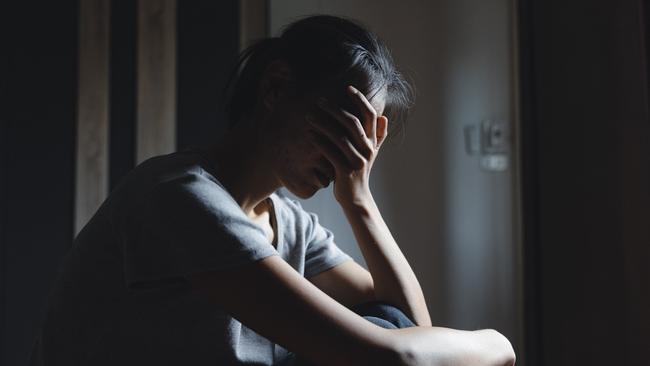Unis to ban campus rapists and sex predators
Universities will be required to punish rapists and sexual predators on campus, under regulatory reforms proposed by the nation’s education ministers.

Universities will be required to punish rapists and sexual predators on campus, under regulatory reforms proposed by the nation’s education ministers to shield students and staff from gender-based violence.
Australia’s first National Student Ombudsman will have the power to recommend refunds of tuition fees if universities fail to keep students safe.
Federal Education Minister Jason Clare yesterday released his department’s draft proposal for an Ombudsman, as well as a national code of new laws and regulations to prevent and deal with sexual assaults on campus and in student accommodation.
“All students and staff should feel and be safe on campus and in residential colleges,’’ he said.
“More needs to be done to make this possible, and more needs to be done to support students and staff when the worst happens.’’
The proposal – released for public consultation yesterday after Mr Clare’s meeting with state and territory education ministers – says universities must “ensure appropriate sanctions are imposed on perpetrators’’.
Police and the courts would deal with criminal prosecutions.
But perpetrators must also be suspended or expelled from a degree “where it is required for safety reasons’’ – although the proposal does not spell out whether action would be based on allegations or convictions.
Universities must also prioritise the safety of victims in any disciplinary process, and “act quickly to protect students and staff safety when disclosures and reports are made’’.
They must also “protect the legal rights and interests of all students’’, while ensuring that support services focus on the needs and safety of victims.
“Some perpetrators have not adequately held to account,’’ the draft “action plan’’ states.
“Sexual assault and sexual harassment … is overwhelmingly perpetrated by men against women and LGBTIQI+ people.’’
The draft plan says universities have a legal duty to prevent sexual harassment under work, health and safety legislation.
State and territory education ministers will meet again early next year to discuss potential legislative reforms to remove “technical impediments to prioritising student safety and wellbeing’’.
The draft action plan states that universities have “an overreliance on dated disciplinary processes’’.
“Providers have found it difficult to hear and determine, in a trauma-informed and procedurally fair way, reports of gender-based violence that involve disputed factual allegations,’’ it states.
“Providers could consider the establishment of a panel of experts with the necessary expertise, experience and powers to oversee processes in a way that is consistent with the new regulatory expectations and overarching legal requirements.’’
The federal government will legislate a new National Higher Education Code to Prevent and Respond to Gender-Based Violence, which will mandate the teaching of respectful relationships in all degrees, require support and academic adjustments for victims, and force universities to report each year on the number of complaints.
The proposal stops short of letting the Ombudsman fine universities, although it will be able to recommend that vice-chancellors refund or re-credit tuition fees.
The Ombudsman – to be established next year – will investigate and resolve complaints from students about safety and welfare, as well as the administration of degrees and student debt.
It will also decide whether students should be given “reasonable adjustments’’ – such as higher marks or longer deadlines to submit work if they have been disadvantaged by a health or welfare crisis.
But the Ombudsman will have “no role in relation to academic decision-making’’, leaving universities free to decide if a student should pass or fail a subject or degree.
The Ombudsman plan was welcomed yesterday by the Opposition education spokeswoman Sarah Henderson, who has championed a crackdown on student safety and course quality.
But Universities Australia chief executive Catriona Jackson questioned the remit of the Ombudsman, noting that universities had already released a “charter on sexual harm’’ and were committed to “combat this scourge’’.
“However, the remit of the proposed ombudsman seemingly extends beyond the issue of student safety to include HECS administration and course administration,’’ she said.
“It would be inefficient to create duplication and overlap with existing regulation and regulatory bodies which deal with these issues.’’
End Rape on Campus founder Sharna Bremner demanded tougher action, with fines for universities that fail to keep students safe.
“It’s become very apparent over the past seven years that unis won’t do the right thing just because it’s the right thing to do, and that they value their bottom lines above all else,’’ she said.
“Impacting that bottom line will be the thing that finally makes them act to ensure the safety and wellbeing of their students and staff.’’
###




To join the conversation, please log in. Don't have an account? Register
Join the conversation, you are commenting as Logout